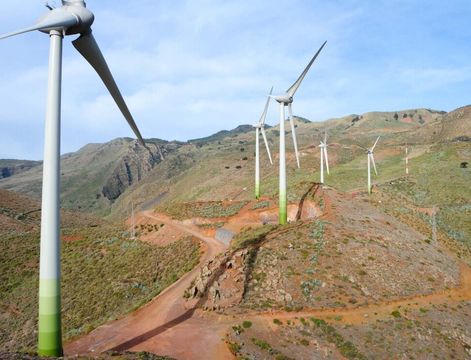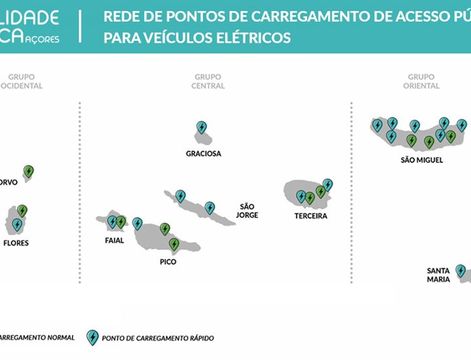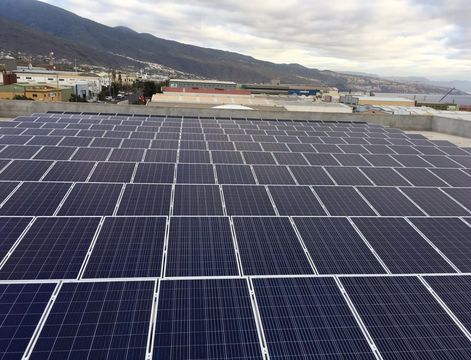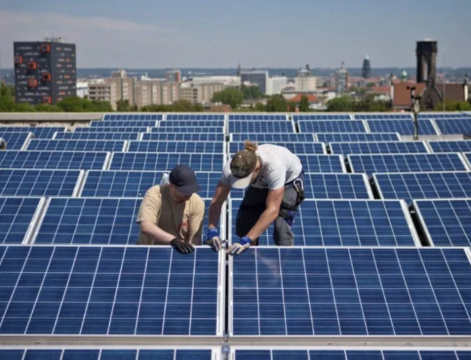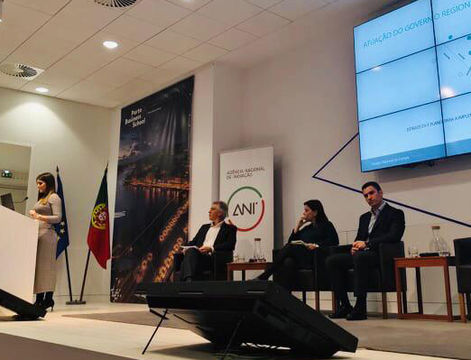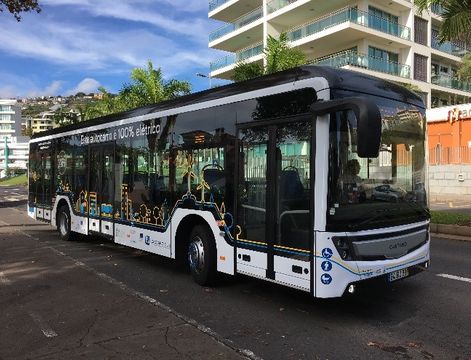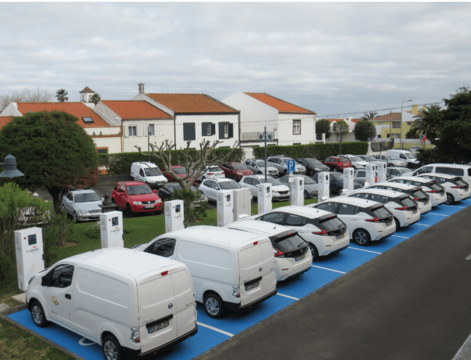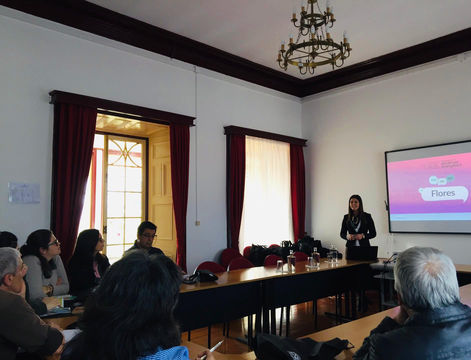The Instituto Tecnológico de Canarias (ITC) and the Regional Ministry of Ecological Transition, Fight against Climate Change and Territorial Planning of the Government of the Canary Islands, through the Directorate General for Energy and the Directorate General for Territorial Planning, Ecological Transition and Water, co-organised the conference 'Energy efficiency and renewable energies in the industrial water cycle of the Canary Islands', held telematically within the framework of the RESOR project.
The large audience attending the event (more than 130 people registered), had the opportunity to learn first-hand about the latest innovations and success stories in energy saving and efficiency systems for the energy optimisation of the integral water cycle, paying attention to the potential of self-consumption with renewables as a sustainable energy resource and remote sensing technologies to prevent water leaks in supply networks.
The Director General of Energy, Rosana Melián, and the Director General of Territorial Planning, Ecological Transition and Water, Víctor Navarro, opened the webinar, highlighting the interest in addressing the prospective of technologies and solutions applicable to the energy-water binomial, one of the main technological challenges facing the archipelago to reduce the high energy consumption of the industrial water cycle, which accounts for 20% of the total energy demand of the islands.
The host of the event and R+D+i coordinator of the Canary Islands Technological Institute (ITC), Gonzalo Piernavieja, highlighted the centre's analysis of consumption data and the benefits of integrating renewable energies into the water cycle, with the aim of achieving the necessary water supply objectives at minimum cost.
The event's programme included speeches by energy efficiency and water technology experts Daniel Henríquez and Baltasar Peñate, who analysed the high dependence on desalination on the islands (100% in Lanzarote and Fuerteventura, 90% in El Hierro, 86% in Gran Canaria, 47% in Tenerife and 0% in La Gomera and La Palma) and the high percentage of energy in the production cost of seawater desalination (between 40 and 60%).
The self-consumption wind desalination plant located in Vargas, Gran Canaria, with a production of 5,000 m3/day, was presented as an example of a system for the use of clean energy sources in desalination. Other benefits associated with the integration of renewables in the water cycle are the reduction of the carbon footprint and the increase in the competitiveness of key economic sectors for the Canary Islands, such as tourism.
Another key factor in achieving optimal energy efficiency in water management is losses in hydraulic networks, which can account for up to 17% of consumption. In addition, the incorporation of smart energy management technologies and systems allows decisions to be made informed by optimisation algorithms based on generation and demand forecasts.
The integral water cycle ranges from water collection, desalination, transport and distribution, to purification and regeneration. 12.6% of the energy fed into the archipelago's network is consumed in the industrial water cycle (urban, tourist, industrial).
Juan Luis Mora, manager of the Consejo Insular de Aguas de La Gomera, and Héctor Febles of SR Ingenieros ("Self-consumption project for the Altito-Reyes pumping system"); Santiago González, CEO of Gorona del Viento El Hierro ("Plan Director de Gorona del Viento") completed the list of speakers at the conference; Luis García, Canary Islands Operations Director of Canaragua ("Energy savings thanks to remote control of hydraulic networks in municipalities"); Néstor Pérez, Manager of TRAMA Canarias ("Actions in the field to reduce physical water losses in hydraulic networks") and Javier García Carballo, Head of the Energy Efficiency and New Energies Service ("Canary Islands Government aid for energy efficiency and renewable energies").
This seminar is part of the actions of the RESOR project, led by the Regional Ministry of Ecological Transition, Fight against Climate Change and Territorial Planning, and is financed with ERDF funds through the Interreg Europe Programme, with the aim of maximising energy savings and supporting energy efficiency, as well as the use of renewable energies in companies in the secondary and tertiary sector in the European outermost regions.


